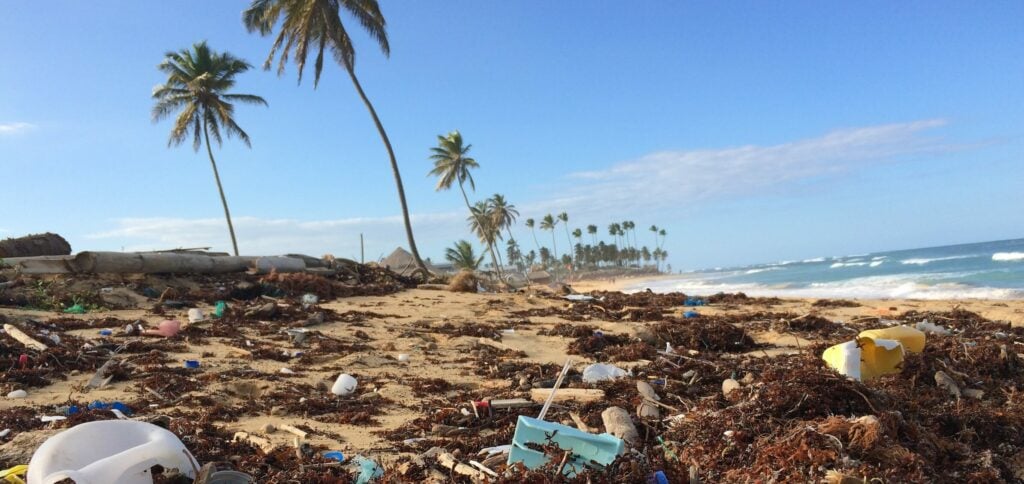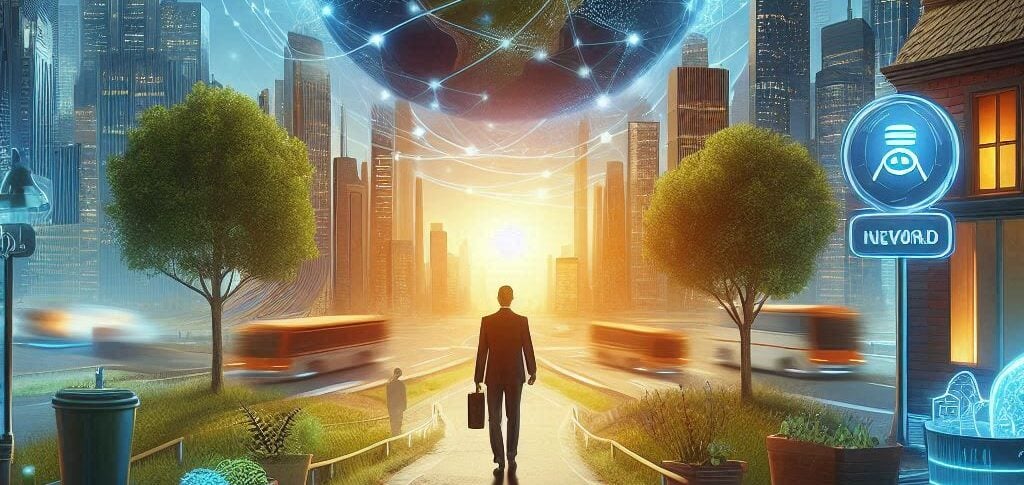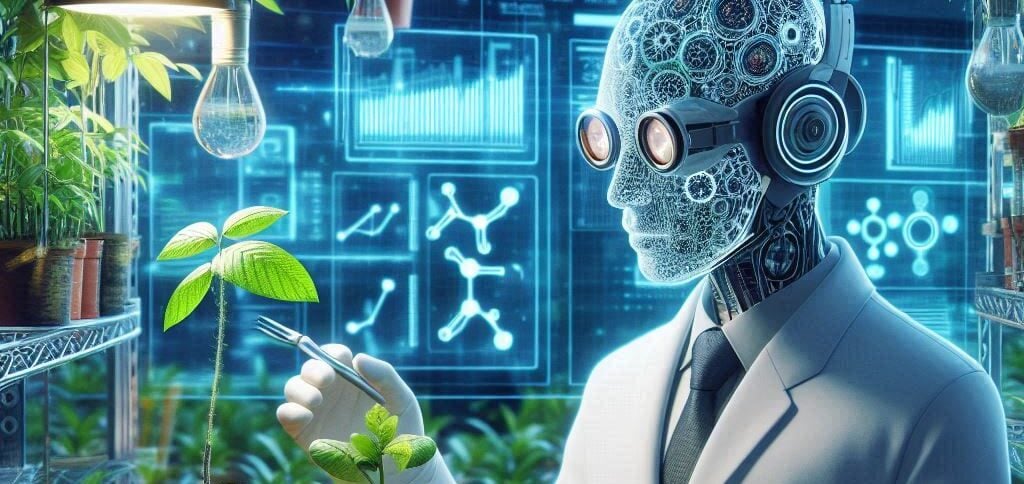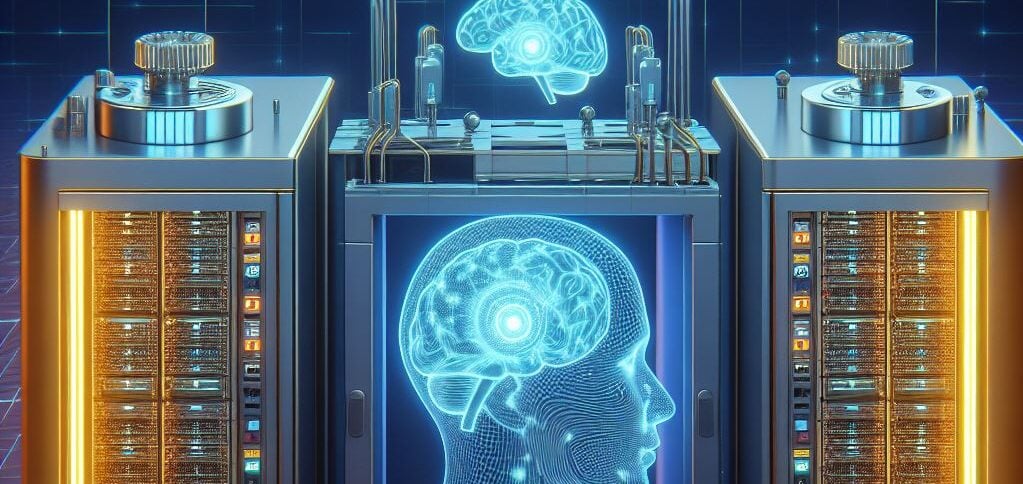AIR POLLUTION
Air pollution or atmospheric pollution occurs when concentrations of chemical species in the air reach levels that affect or may affect the health of people, vegetation, animals, among others.
ADVERTISING
It is caused by harmful gases and aerosols that are released both by natural processes (biogenic sources) and by human activities (anthropogenic sources). Forest fires and volcanoes, for example, release particulate matter and greenhouse gases In the atmosphere. However, most air pollution is generated by human activities, through the burning of fossil fuels – such as coal, natural gas and oil for electricity, transport and industry.
What are the consequences of air pollution?
According to the United Nations Environment Program (UNEP), air pollution is the greatest risk to global environmental health, killing around 6,5 million people prematurely each year worldwide and exposing 9 out of 10 people to outdoor air pollution levelssystem. (UNEP)🇬🇧
It has even been established that even low levels of air pollution can cause serious harm to health, And increase the risk of accelerated cognitive decline and the development of dementia in older people.
ADVERTISING
Many other problems can be attributed to air pollution: acidification or decrease in the pH of seawater, damage to crops, climate change, reduced visibility, impaired photosynthesis, reduced plant growth and accumulation of toxicity in the food chain, are some examples.
See more:
FRESHWATER POLLUTION
Freshwater pollution originates from many sources; the main ones are related to human activity, such as the incorrect disposal of products and the release of sewage and chemical substances into the water.
This is one of the most serious environmental problems, as it affects the availability of one of the most important natural resources: water.
ADVERTISING
Currently, 80% of global wastewater is untreated and contains everything from human waste to highly toxic industrial dischargessystem. (UNEP)🇬🇧
In Latin America, Africa and Asia, severe pollution has been found in ⅓ of all rivers.
What are the consequences of freshwater pollution?
Freshwater pollution threatens food security and people's livelihoods, in addition to causing irreversible damage to the environment.
ADVERTISING
Unsafe water kills more people each year than war and all other forms of violence combined. Meanwhile, our sources of drinking water are finite: Less than 1% of Earth's fresh water is actually accessible to ussystem. (NRDC*)
Approximately 4 children die every day from diseases caused by unsafe water and inadequate sanitation. The annual number of deaths from diarrhea is 1,8 million.
Water is essential for the production of food, energy and industrial goods of various types. In short, it is the most important resource for our society and for life on Earth – which is why it is so necessary to prevent its pollution.
ADVERTISING
MARINE POLLUTION
Marine pollution results from a combination of chemicals and trash – most of which comes from land-based sources – reaching the ocean. It causes damage to the environment, the health of all organisms and economic structures around the world.
Around 12,7 million tons of plastic waste are thrown into the ocean every year, the gross equivalent of a garbage truck full every minute. At this rate, it is estimated that plastic will outnumber fish in the ocean by 2050.
According to a survey carried out by the Blue network Keepers – United Nations (UN) initiative to combat plastic pollution in rivers and oceans – Brazil is among the 20 countries in the world that most contribute to plastic pollution in the oceans.
9 categories of sources of marine pollution can be listed: sewage, persistent organic pollutants, radioactive substances, heavy metals, oils, nutrients, sediment mobilization, litter, physical alteration and habitat destructionsystem. (UNEP)🇬🇧
What are the consequences of marine pollution?
Pollution withpromeIt affects the functioning and health of the sea and causes the human species to put its own life on the planet at risk, as we depend heavily on the ocean.
Around 3 billion people depend on marine and coastal biodiversity to survive. It is estimated that the marine resources market generates 3 trillion dollars per year and fishing areas employ more than 200 million peoplesystem. (One Planet)
Not to mention the environmental consequences. Virtually all marine life can be put at risk by pollution. Ingesting plastics, for example, causes the death of thousands of species every year.
See more:
SOIL POLLUTION
Soil is the layer of organic and inorganic material that covers the Earth's rocky surface.
Soil pollution is caused by the introduction of chemical substances or the alteration of this environment by human action. The main causes are the use of fertilizers, pesticides, herbicides and insecticides (agricultural pesticides), incorrect dumping of solid waste and deforestation.
What are the consequences of soil pollution?
It can contribute to climate change, loss of soil fertility and impacts on human health.
When contaminated soil comes into direct contact with humans and animals through food or poeire, or indirectly through infiltration into drinking water, can result in a range of negative health effects.
It is estimated that, globally, at least 1 million people are poisoned by excessive exposure to pesticides.
See more:
Curto Indicate 🎥
Watch the film “A Plastic Ocean” and understand the environmental problems associated with plastic pollution and its impact on the environment, ecosystems and human health. The documentary is available on Netflix.
Check out the trailer:
Did you like it? So follow the Curto Verde – a daily summary of what you need to know about the environment, sustainability and other topics linked to our survival and that of the planet.
(🚥): may require registration and/or signature
(🇬🇧): content in English
(*): content in other languages is translated by Google Tradutor



